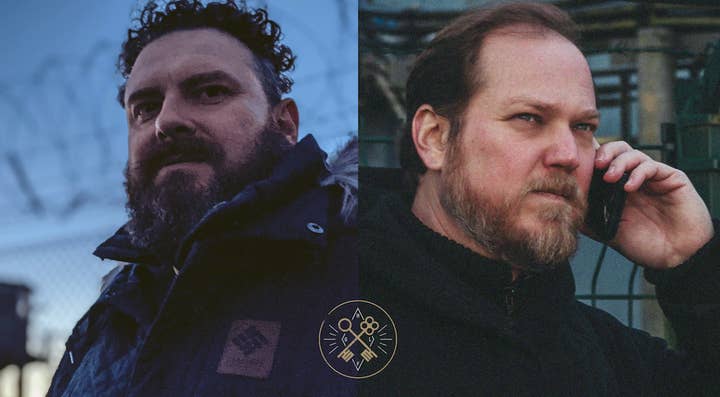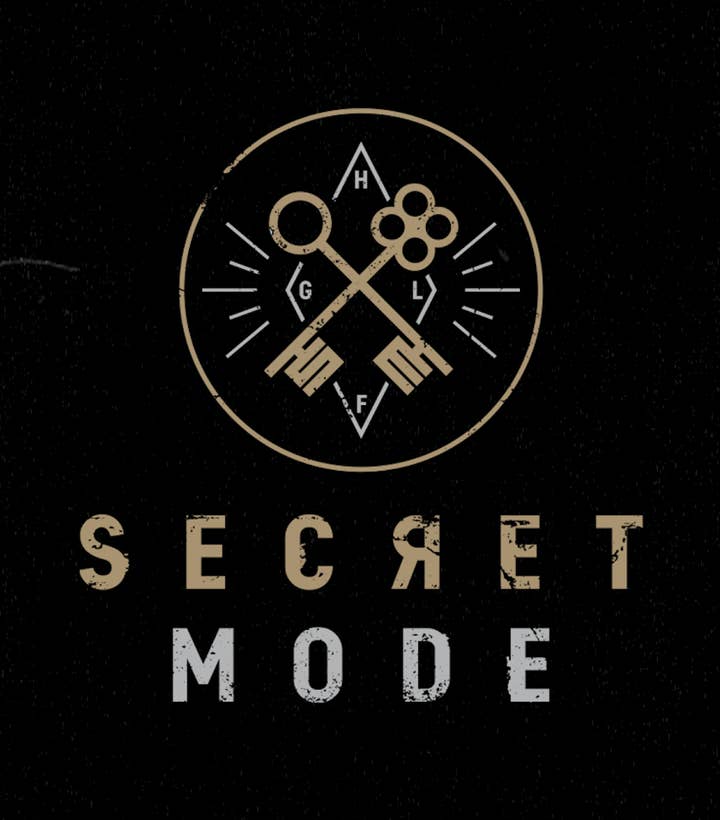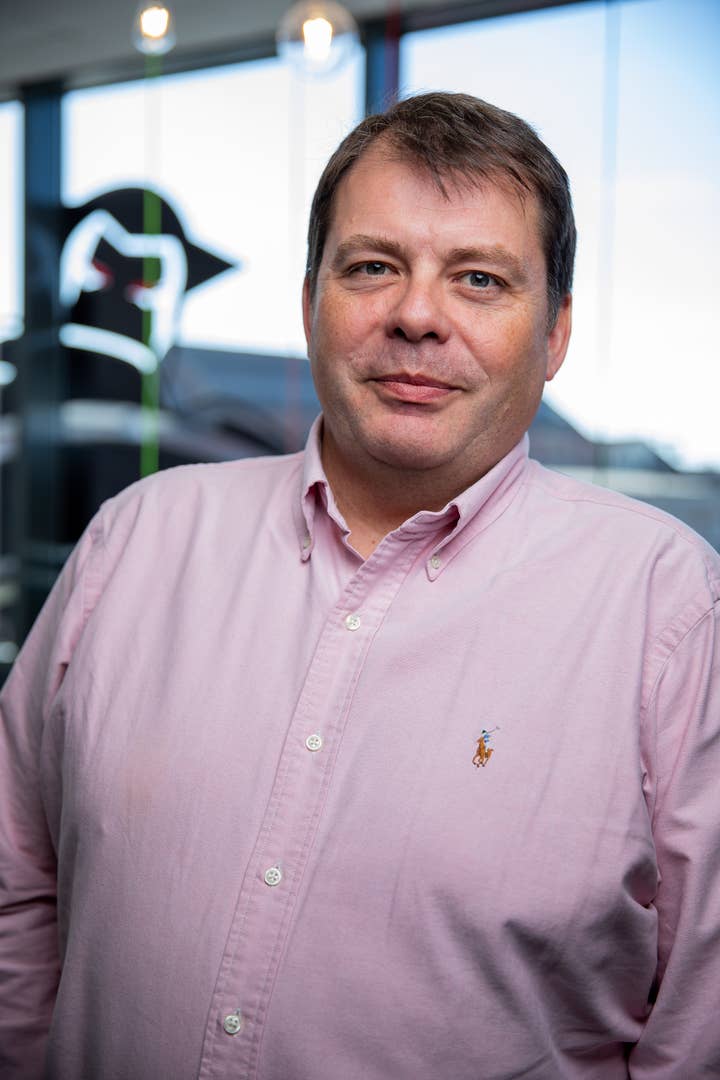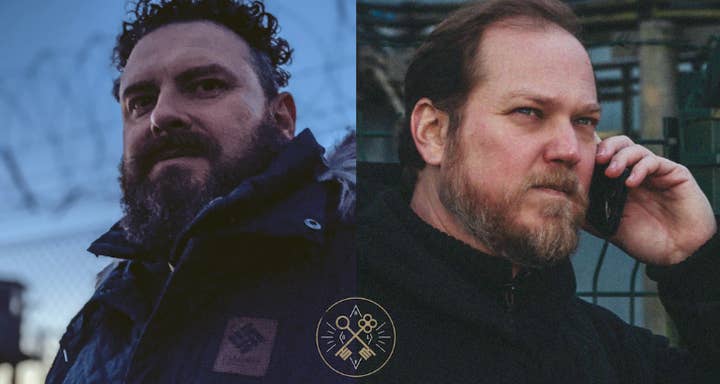Sumo Group launches publishing arm called Secret Mode
New team will publish games developed by Sumo and external independent teams
UK development giant Sumo Group has launched a publishing division to handle internally developed games, plus projects from other independent studios.
The new business is called Secret Mode and is led by former Sega VP James Schall, who joins Sumo as director of publishing. Schall is supported by head of marketing Derek Seklecki, who is also a former Sega veteran.
"Secret Mode is an outlet for Sumo's internal projects," Schall tells GamesIndustry.biz.
"These will be smaller projects, maybe games that have been in incubation for a little while that we will have a look at and find a route to market. And as we build up a support structure for those games, we will also build resources where we can help other teams.
"The really unique thing for me is how we are going to be approaching the publishing portfolio from this really playful, joyous, passionate perspective. We are all keen gamers. We have a lot of experience as well when it comes to the commercial aspect, and we are going to be providing a lot of guidance in the new world of selling games. We have a team that is really up-to-the-minute when it comes to selling games today."

The Secret Mode team is currently a four-person team, although the division is recruiting. Schall says that it will offer everything you'd expect from a publisher, including commercial, analytics, marketing, PR and community management.
"And if there is anything that we don't have in-house, we will look for expertise to outsource. There is also that wider knowledge base within the whole group. I can throw a question up to Paul Porter [COO] or Ian Livingstone [non-exec Chairman], to ask them to question our opinions or validate our opinions."
The publisher will also fund projects, although Schall wouldn't be drawn on the overall budget.
"Our objective is to help game developers who have a really smart idea that we like, and we are helping them reach the market. Be that an Early Access phase, or a Beta, or a full release, or be it an on-going support plan, and funding will be part of that. Some developers that we've spoken to don't really need funding, whereas some really do need it to progress to the next level. Funding is a part of the menu of options that Secret Mode can offer development partners."
In terms of the types of games Sumo is looking for, Schall says that the firm isn't interested in competing with existing projects and is on the hunt for original concepts.
"A game that fits with Secret Mode is something that has a real standout point-of-difference. It's unique, it maybe has some humour with it or has something very different about it. These are the sort of games that tend to stand out.

"There are no guarantees of successes, but when you find something that gives you a really unique angle to talk to your community with, that is going to give you a strategic advantage going forward. We are not looking for games that we can launch and forget. These are games that we want to craft and work with the community on. Something I learnt a long, long time ago, is that when you launch a game, your gamers will always use it differently to how you intended. And it's about embracing these aspects of community interaction."
Secret Mode is platform agonistic, and the first projects it will be handling are previously released Sumo titles, namely Snake Pass and Little Orpheus. Yet the firm says it is particularly interested in PC titles, as that's a "community-focused platform," says Schall. It is also interested in "smaller" projects.
"We can talk about small in terms of footprint on someone's actual hardware," Schall continues. "A small game that doesn't take up a huge amounts of RAM. We can talk about small games that only take a few hours to play through. There's a lot of debate within the team about giving players experiences that are maybe a little bit shorter, where you don't need to invest 200 or 300 hours to get the full enjoyment out of it. That's what we mean by smaller.
"But that's not removing us from something that might be a huge online experience that's never-ending. 'Smaller' isn't going to define us, but it gives us an idea of the space we can play within. We'd rather not go down the route of looking at projects that have many brothers and sisters that are already available for sale. It's about what's different, what's new and what enables us to stand out. "
"There may be an indie game out there that was released two years ago, which we can go back to and assist"
What's more, Secret Mode isn't just interested in new titles. Evident by the fact that it's taking control of games like Snake Pass, which was initially published back in 2017, Schall says that the company is open to working with previously released titles.
"There may be an indie game out there that was released two years ago, which we can go back to and assist that team to bringing it to the level that they wanted. It may be a fantastic game that didn't get seen by anyone. That's not the result of anybody doing anything wrong, it's just the way a lot of these platforms work these days. You may have an excellent game that was released on the same day something else happened, and you just got squashed. It's all about discoverability, and we have a lot of experience on how we can maintain discoverability over a long period of time."
Sumo is best known for its work-for-hire business, developing games like Sackboy for PlayStation, Sonic Racing for Sega and Crackdown for Xbox. Developing and releasing its own game presents a potential conflict of interest, which is why it was important Secret Mode has its own identity and is separate from its sister business.
"That's something we are very respectful and very aware of," Schall tells us. "For example, Secret Mode's back end systems have nothing to do with Sumo's back end systems. We are building entirely different architecture for data, so we are keeping the two very separate. It will be an organisation that is run separately."

Sumo COO Paul Porter adds: "Sumo Group does have three operating businesses within it, and this is now the fourth. Sumo Digital, Pipeworks, Atomhawk and now Secret Mode are four distinct businesses that operate by themselves and have their own strategy and remit.
"It's not about changing Sumo Digital into something different. Sumo Digital will continue as it is. But when Sumo Digital or Pipeworks does a game jam and creates a prototype that we'd like to take to market, we now have a publishing arm in Secret Mode who can do a sense check. They have a green light process, and they independently decide if it's a commercial idea, rather than just a good idea. And in building that expertise, we can also utilise that by looking at games that don't come via Sumo Digital or Pipeworks."
Sumo Group has been busy acquiring other studios, including teams such as Red Kite Games and The Chinese Room, the latter of which is responsible for one of the titles that Secret Mode is handling. The Group has been open about the fact that it wants to buy more businesses, so is there an expectation that Secret Mode partners might end up as an acquisition target for Sumo?
"I can certainly envisage a day where we are working with someone and that happens," Schall says.
"We have this aspiration to be a really good partner to our development friends, and for those partnerships to keep going will be such a joy to us. So that might be a thing. But I've not gone to Paul and said 'we need to get hold of these folks'."
Porter concludes: "Obviously we are a growing company, we have a strategy, we are acquisitive, we are always looking for opportunities. I can't say no opportunities will come this way or will come this way. But it is a great way to learn about more developers, meet more developers, and work with more developers."

